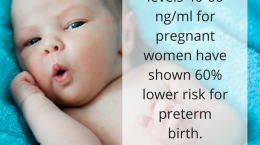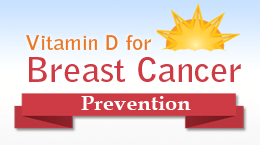Vitamin D*calculator™
Use this tool to calculate the estimated additional Vitamin D intake needed to reach your target vitamin D serum level (40-60 ng/ml recommended by our scientist panel). Don’t know your current serum level? Order...
Use this tool to calculate the estimated additional Vitamin D intake needed to reach your target vitamin D serum level (40-60 ng/ml recommended by our scientist panel). Don’t know your current serum level? Order...
Use this tool to calculate the estimated additional Vitamin D intake needed to reach your target vitamin D serum level (40-60 ng/ml recommended by our scientist panel). Don’t know your current serum level? Order...
Out of 49 vitamin D test results, nearly half were below 20 ng/ml, and 1 out of 5 were below 10 ng/ml… Make sure this isn’t happening to you and your loved ones! A...

GrassrootsHealth promotes health change through research. There are many research articles which conclude that vitamin D levels above 60 ng/ml (150 nmol/L) may significantly reduce your chance of getting breast cancer. Read about some...

Donate TodayEnroll Now What’s needed to solve the vitamin D deficiency and type 1 diabetes (T1D) epidemics? Measure the 25-hydroxyvitamin D serum levels, Omega-3 Index, AA:EPA ratios, hs-CRP, HbA1c, and T1D autoantibodies levels every...

We Can’t Wait! Help create and sustain the sense of urgency to take action: What is your vitamin D level? The levels of your family? Your friends? Make sure everyone you know has this information...

Vitamin D sufficiency is important to pregnancy. It can improve conditions associated with pregnancy and the health of the child during its first year.
Do You Know Your Omega-3 Index?Check Now Find out with our home test kit. Just as with vitamin D deficiency, omega-3 deficiency can put you at risk for chronic disease. Both are essential to...

There's no single supplement amount that works for everyone. Testing is important to see if you're within the recommended 40-60 ng/ml (100-150 nmol/L) range.

Learn More & Enroll Now Donate Now Higher Vitamin D is Associated with Decreased Risk of Breast Cancer Learn more and enroll in the D*action Breast Cancer Prevention Project to test your vitamin D level,...